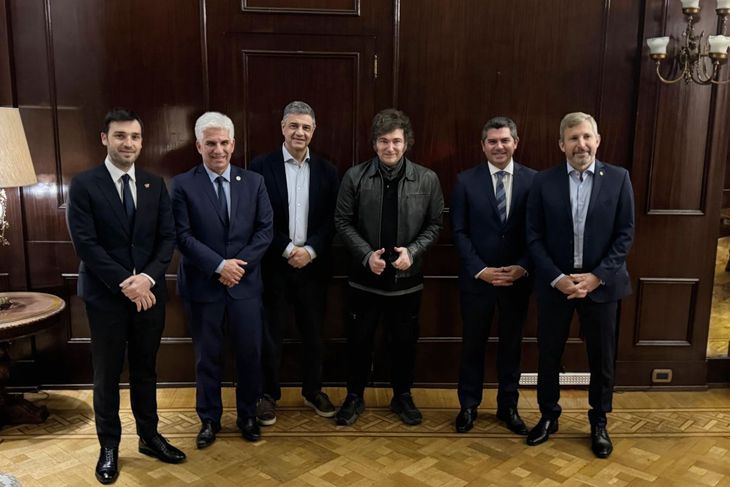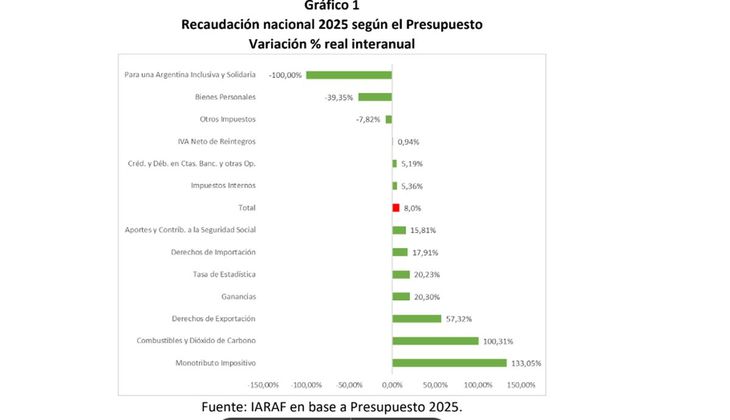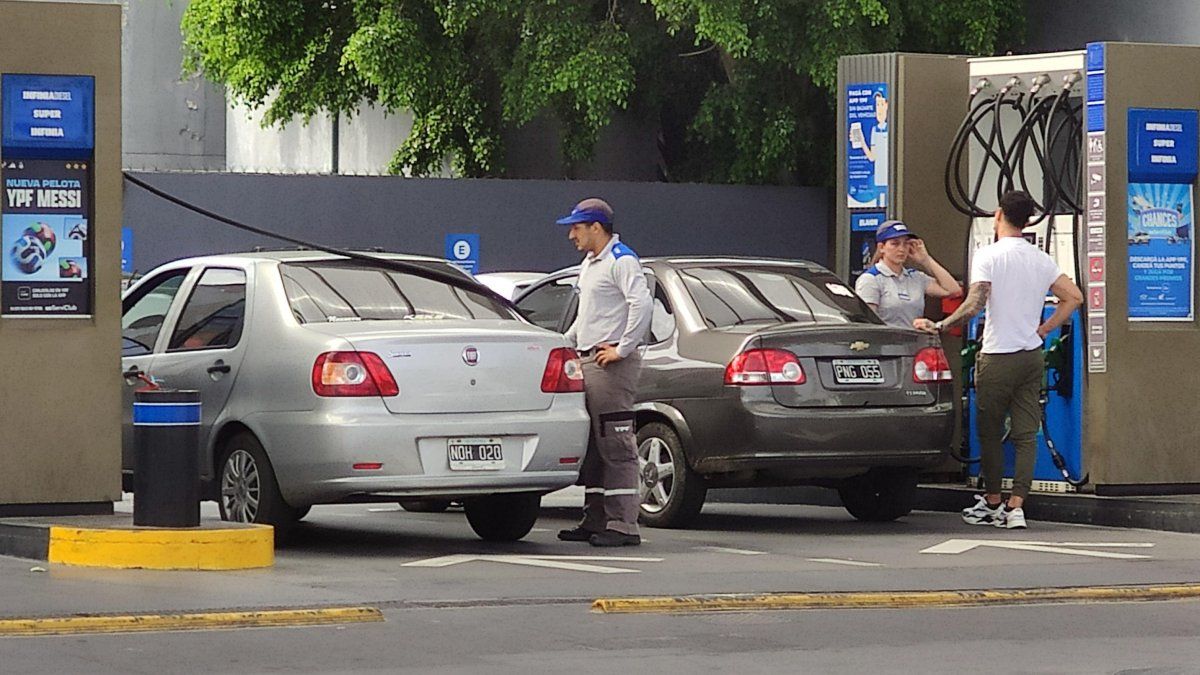Governors seek to share the fuel tax
One of the options that are on the table is to share the fuel tax. Various provincial leaders have already raised it on different occasions and in different contexts. This week, it was the Corrientes Gustavo Valdes who brought up the initiative again. Within the framework of the first meeting of the technical tables of the Coastal RegionValdés pondered the need for “automate resources for the area”, with emphasis on that tribute.
“Only 10.4% comes to the provinces. The rest goes to the Nation. Therefore, if the pension funds are not going to be paid today and 35% of the fuel tax goes to the Nation, we ask that it go to the coparable mass, as happens with the check tax”, defined the leader of the Radical Civic Union (UCR) in dialogue with the press. He also said that the proposal “it seeks to make more reasonable a tax system that was crazy for many years and that today we need to give normality.”
Gustavo Valdés.jpg
Gustavo Valdés from Corrientes once again demanded that the fuel tax be shared.
His peer from Entre Ríos had expressed the same path, Rogelio Frigerioin mid-October. “Another concrete example is the fuel tax, which has a specific assignment, which is to finance the subsidy for public passenger transportation,” commented on the occasion. And he completed: “The Government decided that this benefit had to be the responsibility of the provinces. Welcome, but don’t keep the tax then.”
Following that path, the Salteño Claudio Mohrpresident of the Public Limited Transport Company (SAETA), defended before Scope the initiative: “It would be fairer for this tax to be shared and returned to the provinces. Before, until the end of last year, we all had, although not proportionally or in parity, the Transportation Compensation Fund and we received something; not even today” , he denounced.
Along these lines, Mohr noted that “we all contribute with our fuel loads to swell a fund that then only remains in the AMBA load. It certainly seems unfair to us that we have to pay more expensive fuel for a tax that does not return to the people of the interior.” “From one day to the next, the Compensation Fund was taken away from us. In the AMBA, not only did they remain, but the subsidies multiplied. “That is what allows us to make salary agreements, which are paid with resources from the entire country but which remain in the AMBA.”he reflected.
Salta buses.jpg

In Salta, they criticize the dissolution of the Interior Compensation Fund, which regulated transportation subsidies.
Finally, the official recalled that subsidies arise as a palliative in economic crises. “The ideal, the healthiest, would be for us to stabilize, for us to be an economically coherent country, where people have purchasing power and the economy is healthy enough. While that happens, the subsidy is necessary,” he concluded.
Jump It is one of the provinces that is most concerned about this. A local source consulted by this media stated that “The fuel tax goes to transportation subsidies. “If they are no longer going to make the transfers, the most logical thing is that we eliminate it or share it.” He added, at the same time, that in the Budget there are $2 billion allocated to subsidies, of which only 30% goes to demand, while the rest finances the transportation supply in the AMBA.
Debate on the 2025 Budget
On a technical level, the professor of Taxes at the UBA Mario Volman remembered that 34% of the Fuel Tax remains with the Nation, 42% is awarded to the National Housing Fund (FONAVI) and 24% is for specific allocation.
“Tax collection has to comply with the principle of sufficiency: it has to cover national, provincial and municipal public expenses. If this principle is not met, we return to the same thing as always: inflation, monetary issue or taking on debt,” he commented.
In this regard, Volman recognized that the amount collected from fuel is one of the most important, along with VAT and Profits: “This is the game of the short blanket. If you take money from the Nation, how is it going to solve its expenses? And vice versa. Since 1853, Argentina adopted a federal government structure. “That is not just an aspiration or a political distribution date, but it is also a tax statement.”
Milei Governors PRO.jpg

Javier Milei, along with PRO governors and allies in the Casa Rosada.
At the same time, he warned that “Law 23,548 is from the year 88 and has to be modified” since “it comes from prehistory.” “There are claims from provinces that have a large population and, in proportional terms, charge less co-participation than others. For example, Tierra del Fuego has a small population, but in percentage terms it earns more co-participation than the province of Buenos Aires, which has almost 40% of the country’s population. “There are issues that have to be modified,” he reflected.
According to estimates of the Argentine Institute of Fiscal Analysis (IARAF) based on the 2025 Budget, with a 100% increase compared to 2024, andThe tax on fuels and carbon dioxide would be the second tax with the highest real increase, due to the gradual update of the fixed-sum tax during next year.
Iaraf taxes.jpg

IARAF projections on the 2025 Budget.
“It is possible that there will be a discussion regarding changing the current effective distribution of fuel collection. It will be necessary to see if the discussion takes place within the framework of the Budget debate, which is likely to occur. It is likely that the provinces seek to increase the participation they have in exchange for executing works or issues of that type,” the head of the IARAF told this medium, Nadin Argañaraz.
At the beginning of June, mayors from across the country presented a bill in Congress to modify the fuel tax, with the aim of recovering transportation subsidies lost with the dissolution of the Interior Compensation Fund.
The initiative of the Federal Network of Mayorswhich brings together municipalities from all over the country, promotes the creation of the Federal Compensation Fund for Urban and Suburban Public Passenger Transportation Systems “with the objective of guaranteeing an equitable and federal distribution of fare compensations and the strengthening of public service systems for automotive passenger transportation in urban and suburban areas under municipal and provincial jurisdiction.”
Source: Ambito




